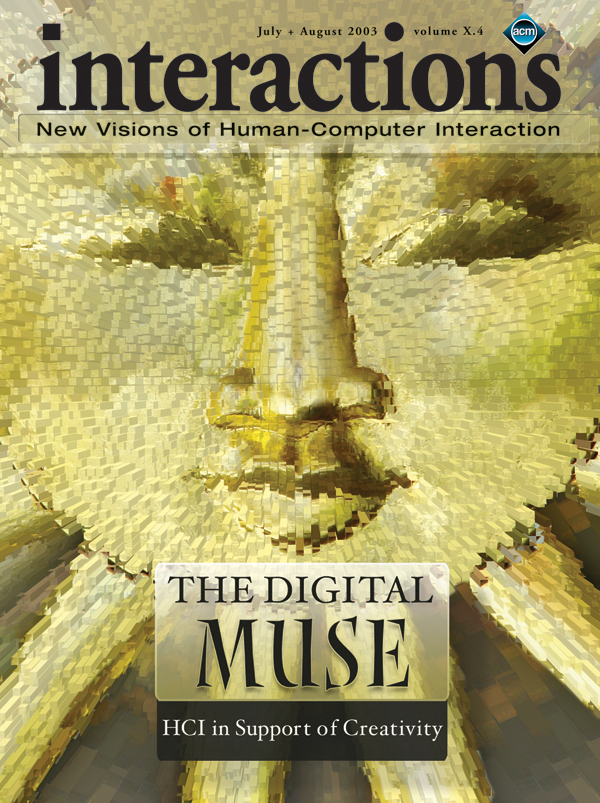Authors:
Gary Marchionini, Michael Levi
Digital government aims to better serve people by leveraging technology to make government services more accessible to a broad range of citizens. Digital government (DG) services fall into three classes: information dissemination, citizen transactions, and governance participation. Information dissemination via the Web has been by far the most pervasive service addressed by government agencies at all levels [4]. User interfaces are especially important challenges to DG for the following reasons: User interfaces must support the broadest possible participation by constituentsthis is universal usability in action. Because the nature of government centers on information creation and control, user interfaces must…
You must be a member of SIGCHI, a subscriber to ACM's Digital Library, or an interactions subscriber to read the full text of this article.
GET ACCESS
Join ACM SIGCHIIn addition to all of the professional benefits of being a SIGCHI member, members get full access to interactions online content and receive the print version of the magazine bimonthly.
Subscribe to the ACM Digital Library
Get access to all interactions content online and the entire archive of ACM publications dating back to 1954. (Please check with your institution to see if it already has a subscription.)
Subscribe to interactions
Get full access to interactions online content and receive the print version of the magazine bimonthly.







Post Comment
No Comments Found